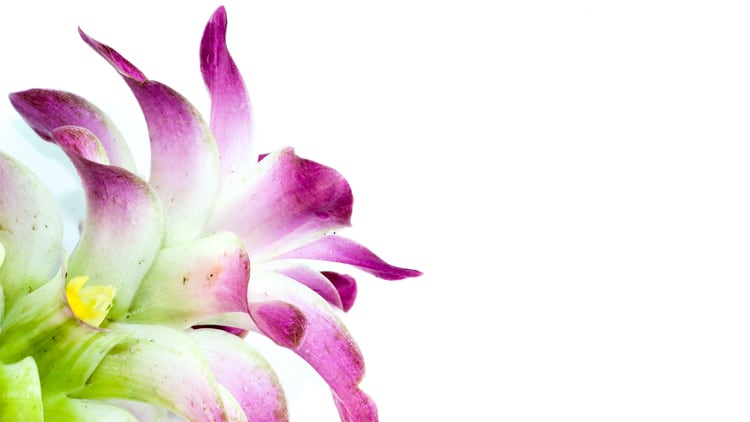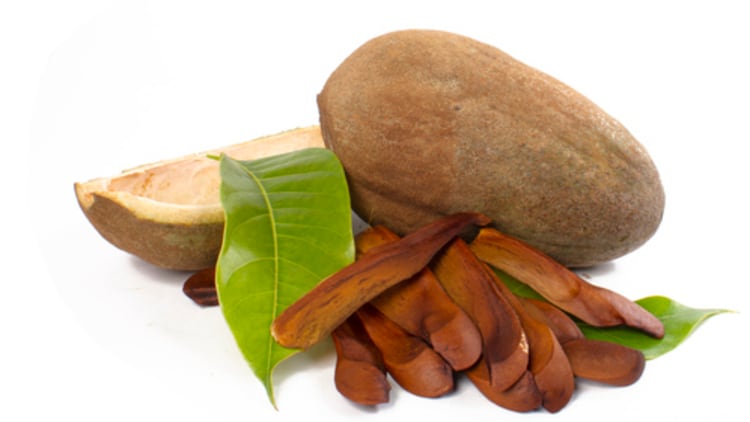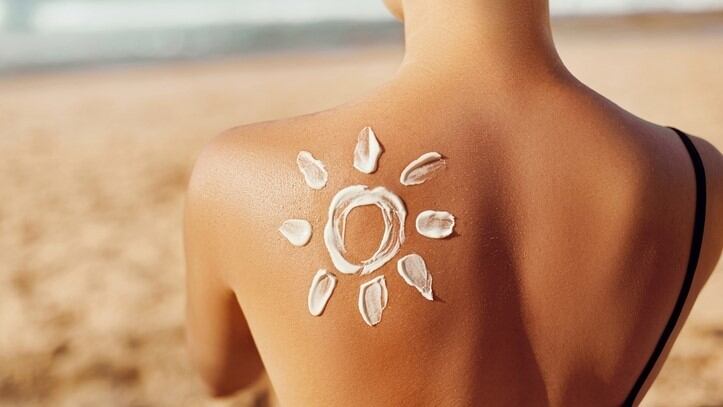In the formulations, the extracts could exude a myriad of benefits, such as anti-ageing, protection from radiation, whitening, moisturising, freckle removal, acne treatment and hair regeneration.
These findings were documented in a review paper titled “Potential Applications of Lilium Plants in Cosmetics: A Comprehensive Review Based on Research Papers and Patents”, published in the journal Antioxidants.
“Plant-based natural products are wildly used in cosmetic compositions for skin care, hair care and toiletry preparations because they are generally considered safe and do not predispose consumers to allergic reactions. Beauty-related cosmetics of plant extracts are due to their antioxidant, antibacterial, wound-healing, antiaging, sun protection, cytoprotective, skin whitening, and anti-inflammatory activities.
“Therefore, in this review, the chemical constituents of Lilium with potential cosmetic applications were summarised; based on the patent, the application field, main efficacy, and compatible ingredients of lilies in cosmetics were analysed; and the opportunities, challenges, and development potential of Lilium in cosmetics applications were discussed,” said the researchers.
The team accessed academic papers and 218 patent publications from 2000 to 2021 to analyse the potential cosmetic application ingredients in lily, their applications in cosmetics and related efficacy for the current study.
Potential to bloom
According to de Lima Cherubim, D. J. et al. (2020), phenols have garnered attention due to their exceptional antioxidant, bacteriostatic, anti-ageing and skin repair functions in cosmetics. Coincidentally, phenols were abundant bioactives in lilies, as studied by Liang Z. X. et al. (2022), Tang, Y. C. et al. (2021), Rakhimzhanova, A. et al. (2020) and Wang T. T. et al. (2015).
The team’s previous study (Tang, Y. C. et al., 2021) also detected 153 phenolic acids and 201 flavonoids in different lilies. In addition, the total phenolic acid and flavonoid content in different lily materials vary greatly among different Lilium bulbs. The phenol and flavonoid content varies within a single lily plant – the aerial parts contain significantly higher amounts than underground ones. The variation could indicate that the stems, leaves and flowers of lilies have potential cosmetic uses too.
Besides phenols and flavonoids, lilies contain carbohydrates like polysaccharides, which can help retain water and become an effective moisturiser. The moisturising function was demonstrated in studies by scientists like Huang Y. et al. (2020) and Zhang M. et al. (2022).
The substance also exhibited antioxidant, bacteriostatic, anti-inflammatory, wound-repair and cancer-cell inhibition functions, as shown by studies like the one done by Albuquerque, P.B.S. et al. (2022). Such functions potentially indicate their potential application in skin repair and inhibition of skin carcinogenesis, as suggested by Hui H. et al. (2019), Pan G. et al. (2017), Xu Z. et al. (2016), Gao J. et al. (2015), Zhao B. T. et al. (2013) and You X. J. et al. (2010).
The scientists also conducted patent analysis and found that applications for lily-related cosmetics are chiefly focused in East Asia, including China, Korea, and Japan. The three countries accounted for 95.87% of the total applications, implying that the flower compounds were more likely to be used as an ingredient in East Asia than in other parts of the world.
In patent applications, the compounds are mostly categorised into raw materials, product types and functions, and used in products like facial masks, emulsions and essences. The products would then claim similar benefits, such as moisturising, whitening, anti-ageing, beautifying, skin-smoothing, nourishing, anti-inflammation and promoting blood circulation.
Lilies were also compatible with other botanicals, such as honey, ginseng, honeysuckle, liquorice, pearl powder, dandelion, lotus seeds, Chinese wolfberry, mung bean and roses.
“However, since only a small number of Lilium species are currently allowed to be applied in cosmetics, this leads to a lack of its raw materials. Considering that the current applications of lilies in cosmetics are dominated by crude extracts, specific substance-related information on their role in cosmetic action is lacking.
“Therefore, further dissections of the functions of specific components in Lilium plants are necessary. Meanwhile, the development of new lilies species and cultivars, and the full utilisation of waste from the agricultural production of lilies for the extraction of cosmetic raw materials, are the solutions to the shortage of raw materials for cosmetic applications, but their safety still needs to be evaluated,” concluded the researchers.
The current study was supported by the National Key R&D Program of China and the National Natural Science Foundation of China.
Source: Antioxidants
“Potential Applications of Lilium Plants in Cosmetics: A Comprehensive Review Based on Research Papers and Patents”
Authors: Tang Yuchao et al.




